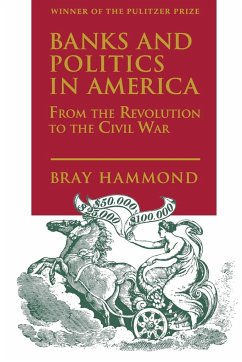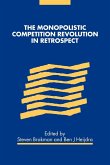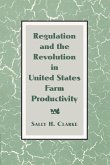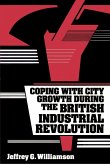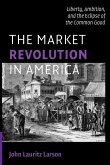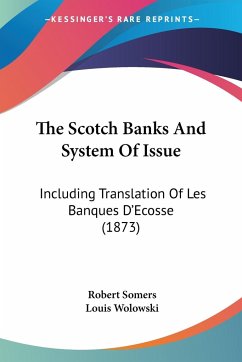This is a book about politics and banks and history. Yet politicians who read it will see that the author is not a politician, bankers who read it will see that he is not a banker, and historians that he is not an historian. Economists will see that he is not an economist and lawyers that he is not a lawyer. With this rather cryptic and exhaustive disclaimer, Bray Hammond began his classic investigation into the role of banking in the formation of American society. Hammond, who was assistant secretary of the Board of Governors of the Federal Reserve System from 1944 to 1950, presented in this 771-page book the definitive account of how banking evolved in the United States in the context of the nation's political and social development. Hammond combined political with financial analysis, highlighting not only the in.uence politicians exercised over banking but also how banking drove political interests and created political coalitions. He captured the entrepreneurial, expansive, risk-taking spirit of the United States from earliest days and then showed how that spirit sometimes undermined sound banking institutions. In Hammond's view, we need central banks to keep the economy on an even keel. Historian Richard Sylla judged the work to be "a wry and urbane study of early U.S. financial history, but also a timeless essay on how Americans became what they are." Banks and Politics in America won the Pulitzer Prize for history in 1958.
Hinweis: Dieser Artikel kann nur an eine deutsche Lieferadresse ausgeliefert werden.
Hinweis: Dieser Artikel kann nur an eine deutsche Lieferadresse ausgeliefert werden.

